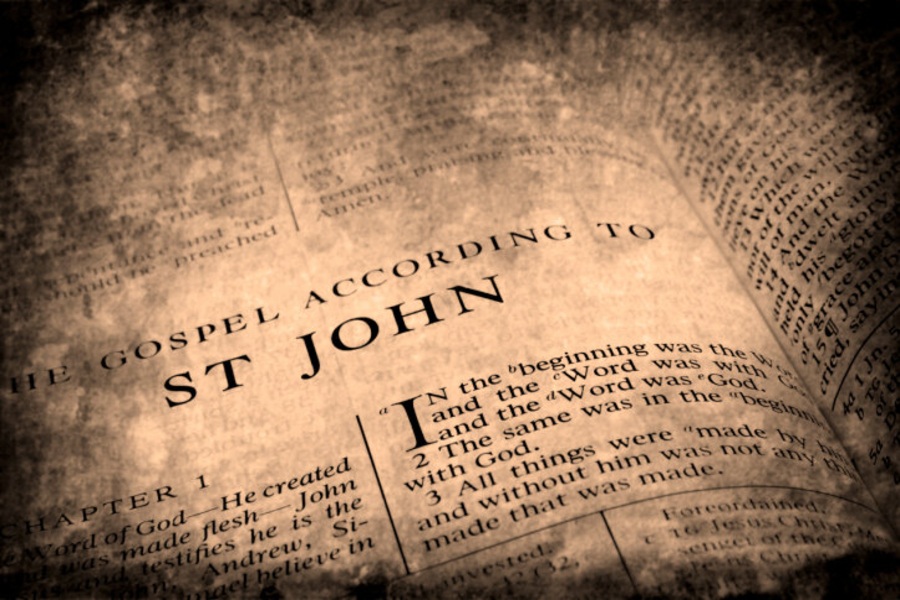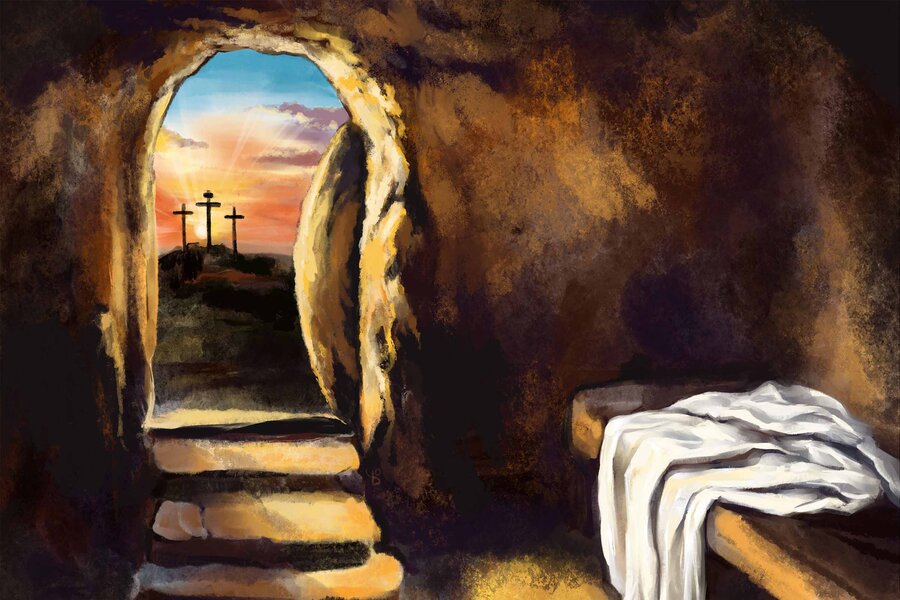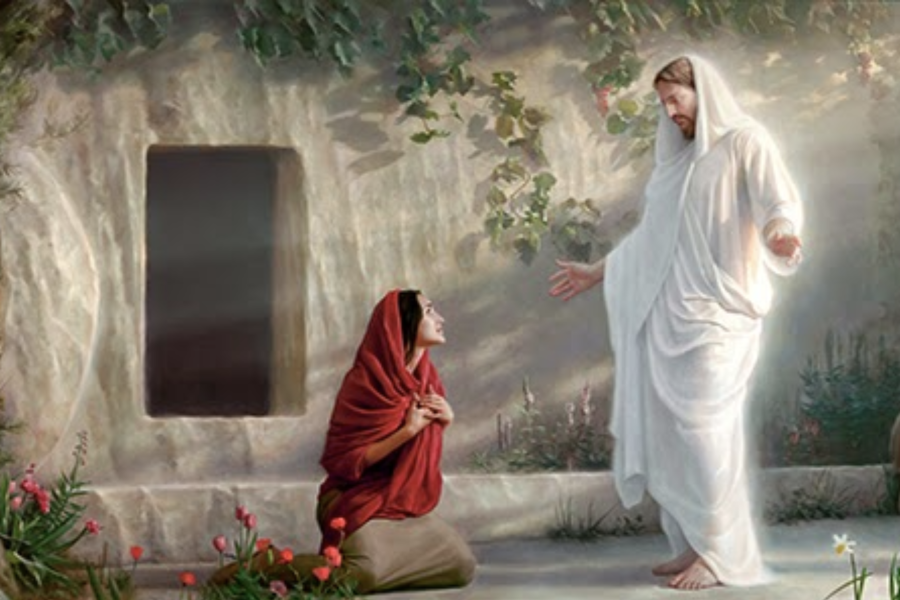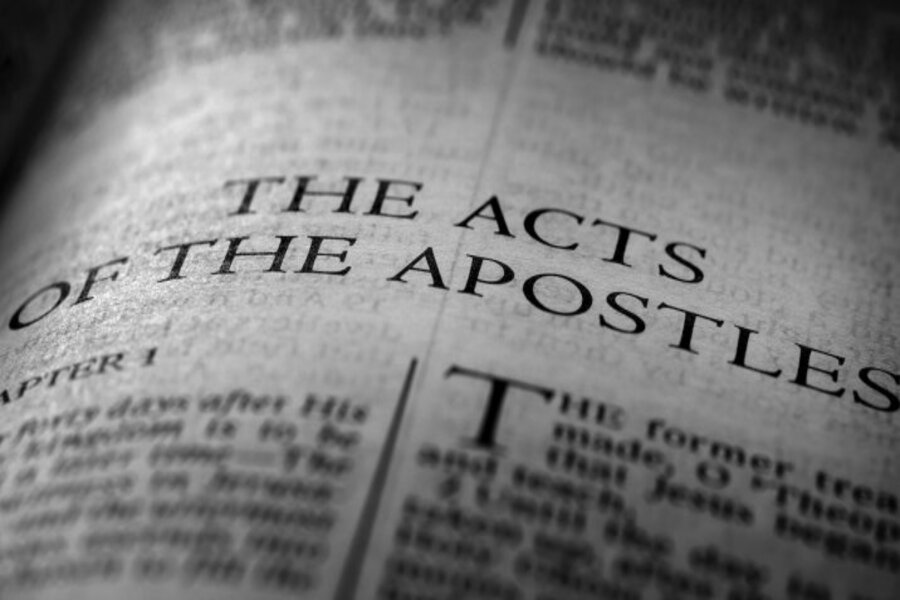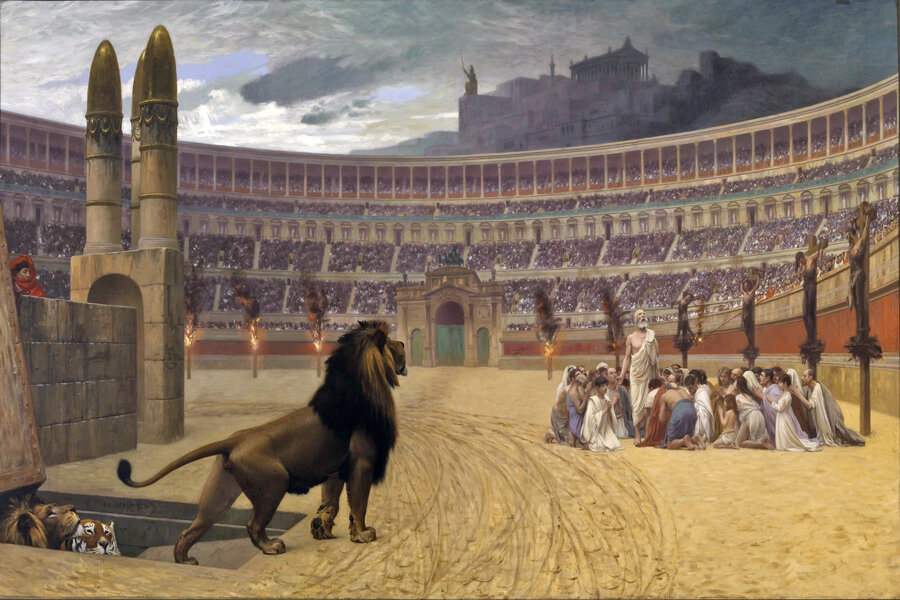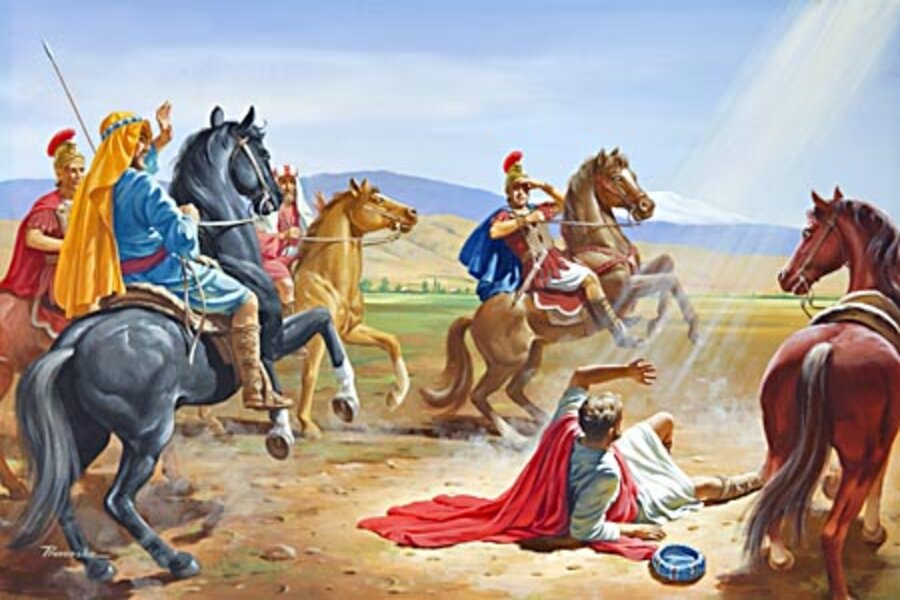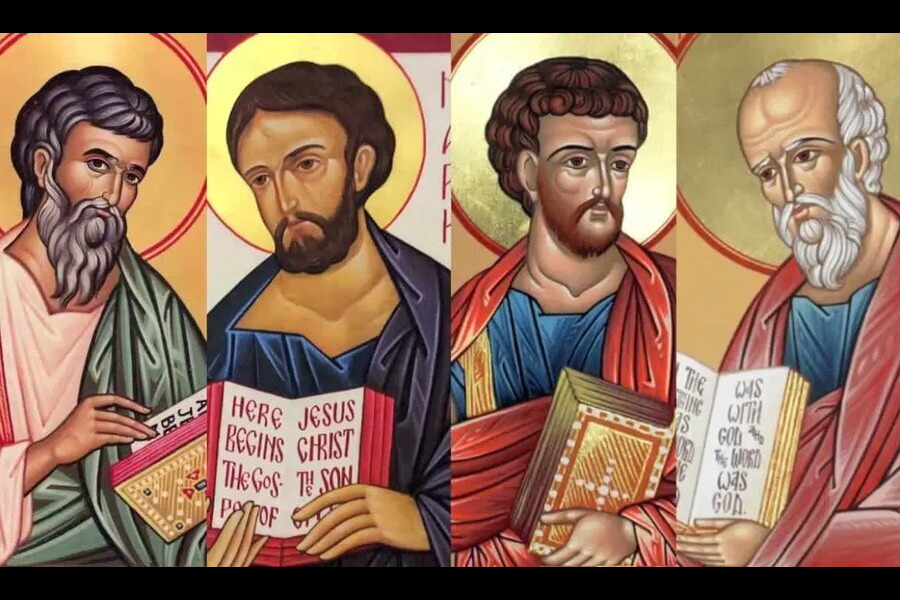The Evidential Value of John’s Gospel to the Case for Christianity
There is a vast array of evidences, both internal and external, that reveal that the fourth gospel is composed by an individual who is extremely well informed, close up to the facts, and habitually scrupulous. This lays the foundation for multiple lines of argument for the truth of Christianity.
The Evidential Value of John’s Gospel to the Case for Christianity Read More »
